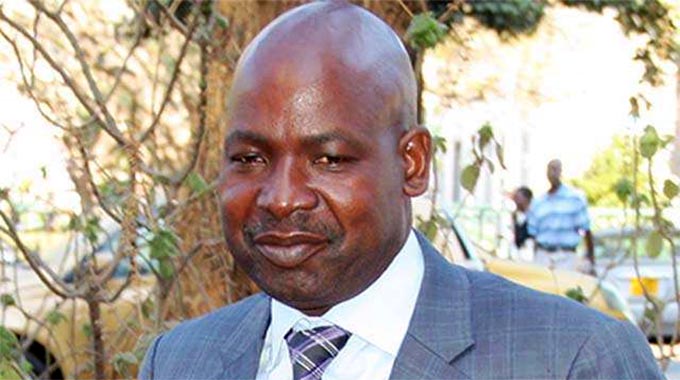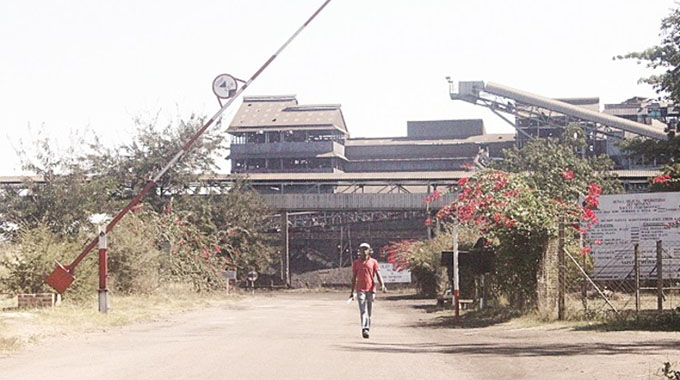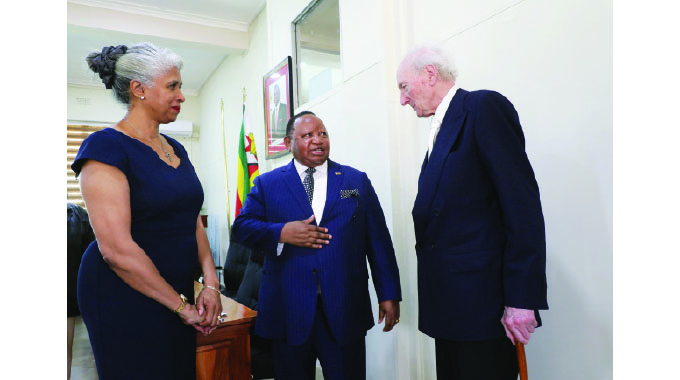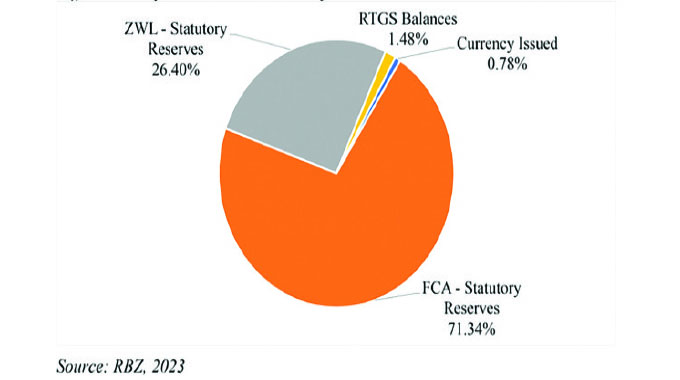General Electric eyes Batoka project

Business Reporter
Continental energy player, General Electric Africa has approached Parliament over its intention to invest in the 2 400 megawatt (MW) Batoka Hydro power project.
GE first started operating in Sub-Saharan Africa over 100 years ago. However, in 2011 the company decided to renew its focus to meet Africa’s current and future needs.
The company’s footprint in sub-Saharan Africa now consists of over 2 600 employees and operations in 33 countries. GE’s main operations are in Nigeria, South Africa, Angola, Ghana, Mozambique and Kenya where headquarters is located.
GE Africa director originations Reginald Max told the Parliamentary Portfolio Committee on Mines and Energy that the company is interested in projects like the Batoka Hydro and they have the right financial muscle to execute the project.
“We have a clear track record and we have the financial muscle to undertake the project. “We believe that power assets such as Batoka should be owned by the State. We will invest to develop the power station, but ownership will be retained by Zimbabweans (and Zambians),” said Mr Max.
The project will be located about 54 kilometres downstream from Victoria Falls and consist of a roller-compacted-concrete gravity arch dam 181m high that impounds a reservoir with a catchment area of 508 000 km2.
The site will feature two underground powerhouses, one on each river bank, each with a capacity of 800 MW, has been given an initial completion timeline of 2024, however first generation is earmarked for 2019.
Mr Max said if given the go ahead to undertake the Batoka project, GE Africa will keep the project as a State owned project.
The group provides infrastructure technologies, services and solutions in key sectors including energy, power generation, oil and gas, healthcare and rail transportation.
Under the Batoka project Zimbabwe and Zambia will share the electricity equally when generation commences.
Already international financial institutions are lining up to finance the $4 billion scheme, with the African Development Bank having been appointed the lead arranger for the project. The project is estimated to cost $6 billion.
Financing mechanisms being considered by the two Governments include loans, Build Own Operate Transfer, grants and equity capital, among others.
Private Public Partnerships (PPPs) are also under consideration.
The Batoka Hydroelectric project is being implemented under the auspices of the Zambezi River Authority, a bi-national organisation mandated to operate monitor, and maintain the Kariba Dam Complex as well as exploit the full potential of the Zambezi River.








Comments